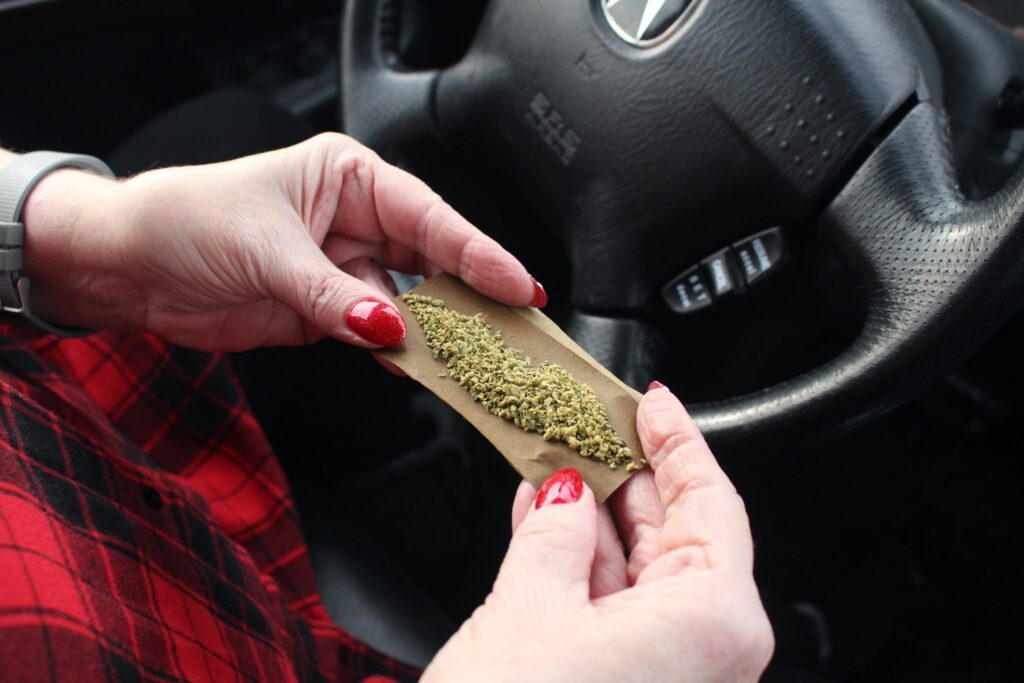Co-Authored by Sarah Toney
A DUI conviction is a serious matter for anyone, but for licensed health care professionals, it can have consequences beyond those mandated by the court. The Illinois Department of Financial and Professional Regulation (IDFPR) and other professional licensing boards tend to take a dim view of nurses, physicians, and other health care professionals who commit DUI offenses. Unless swiftly and correctly handled, a conviction for driving under the influence will endanger your professional license, career, and even your reputation.
Under the Medical Practice Act of 1987 (225 ILCS 60/), IDFPR may “revoke, suspend, place on probation, reprimand, refuse to issue or renew, or take any other disciplinary or non-disciplinary action as the Department may deem proper” any health care professional it licenses, this includes but is not limited to fines of $10,000 or more (225 ILCS 60/22). Violations that may result in adverse action include both any dishonorable, unethical or unprofessional conduct and, more specifically, the excessive use of alcohol, which the Department feels renders a health care professional unable to practice with the “reasonable judgment, skill, or safety” required to protect the public (225 ILCS 60/22).
The consequences of losing your professional license, or even being placed on probation, can be far-reaching. Adverse actions such as these may ultimately result in loss of employment, increased difficulty finding employment in the future, and obstacles to obtaining a license in another state.
If you are convicted of a DUI, there are many things that you can do to improve your situation. For example, in addition to any criminal attorney representing you with respect to the DUI charges, it is essential to retain an attorney with expertise in professional licensing matters before you report your conviction to the licensing board. While you must report your DUI, an attorney will know how to report it in such a way that it places you in the best possible position before the board. If you have already received notice of the board’s plan to take adverse action based on your conviction, it is important to respond quickly and correctly.
In Illinois, most first-time DUI convictions are considered Class A misdemeanors, with penalties including:
- revocation of driving privileges for one year (two years if the driver is under age 21);
- suspension of vehicle registration;
- with a BAC of .16 or more, an additional mandatory minimum fine of $500 and 100 hours of community service;
- while transporting a child under age 16, additional possible imprisonment of up to six months, a mandatory minimum fine of $1,000, and 25 days of community service in a program benefiting children.
A second DUI conviction without mitigating circumstances is also a Class A misdemeanor, but with harsher penalties including:
- mandatory minimum imprisonment of five days or 240 hours of community service;
- revocation of driving privileges for a minimum of five years for a second conviction;
- suspension of vehicle registration.
If, however, you committed a third or even fourth DUI, in Illinois, that means you will be charged with a Class 2 felony. A fourth DUI also results in the loss of driving privileges for life and other penalties. Committing a DUI while transporting a child under age 16 in which you are involved in a crash that resulted in bodily harm to the child (Aggravated DUI), even if it is your first offense, means that you will be charged with a Class 4 felony.
Depending on the severity of your offense, an attorney can work to help you keep your professional license and work with your employer to help you keep your job. While many employers have their own policy regarding DUI convictions, it is important to be upfront with them or risk even more severe discipline should they find out you never reported it later on. The same is true of IDFPR and any other relevant professional boards. With an experienced attorney on your side, you can better navigate the complicated process of getting your career and your reputation back on solid ground.




